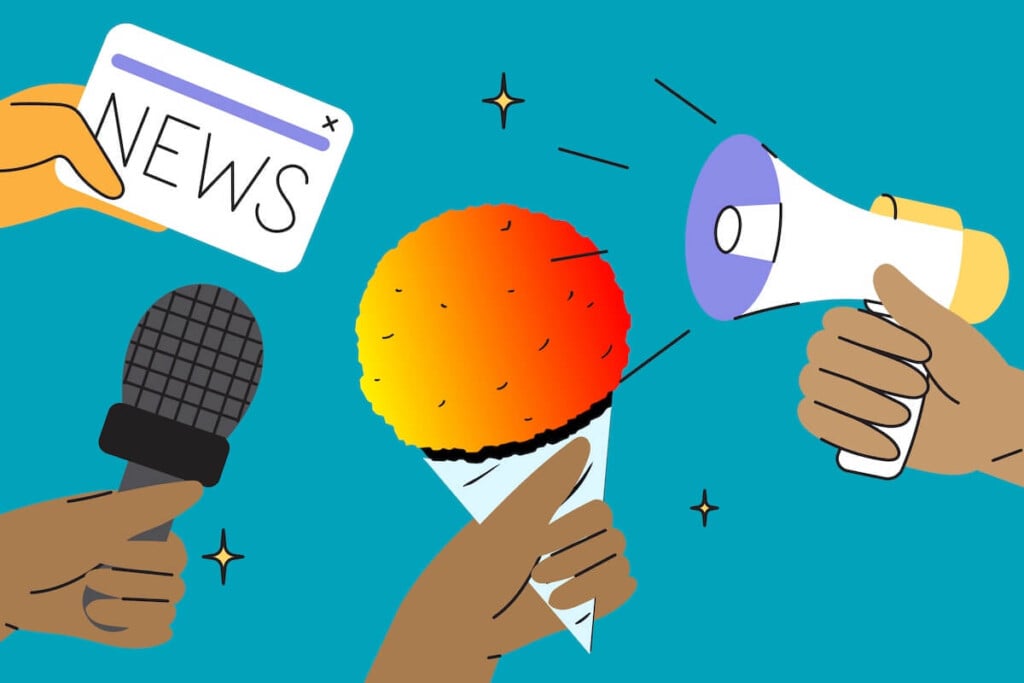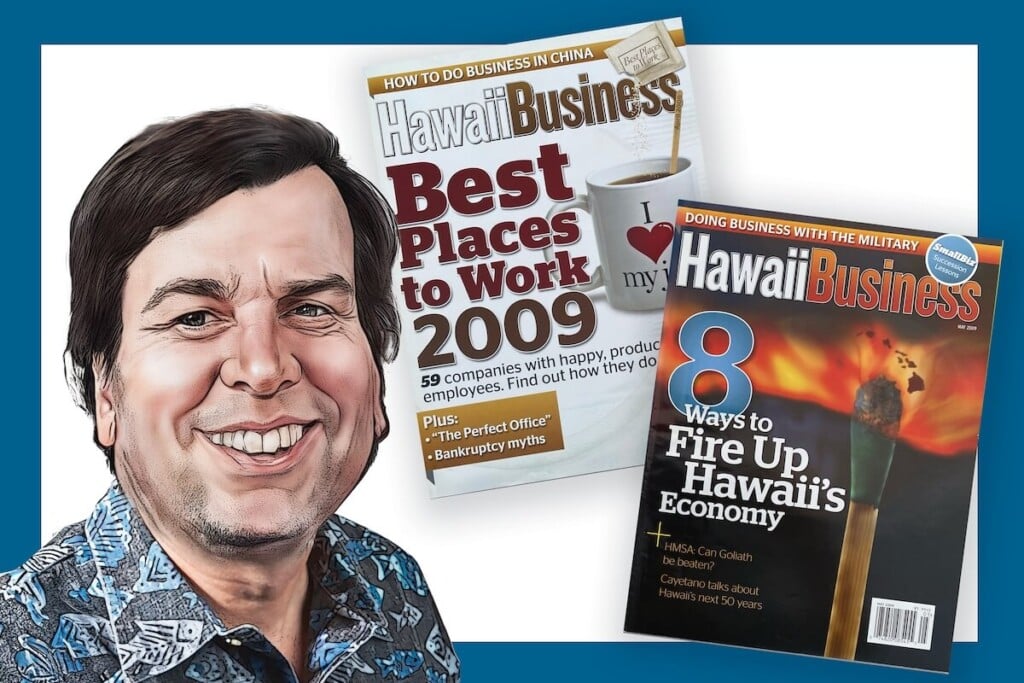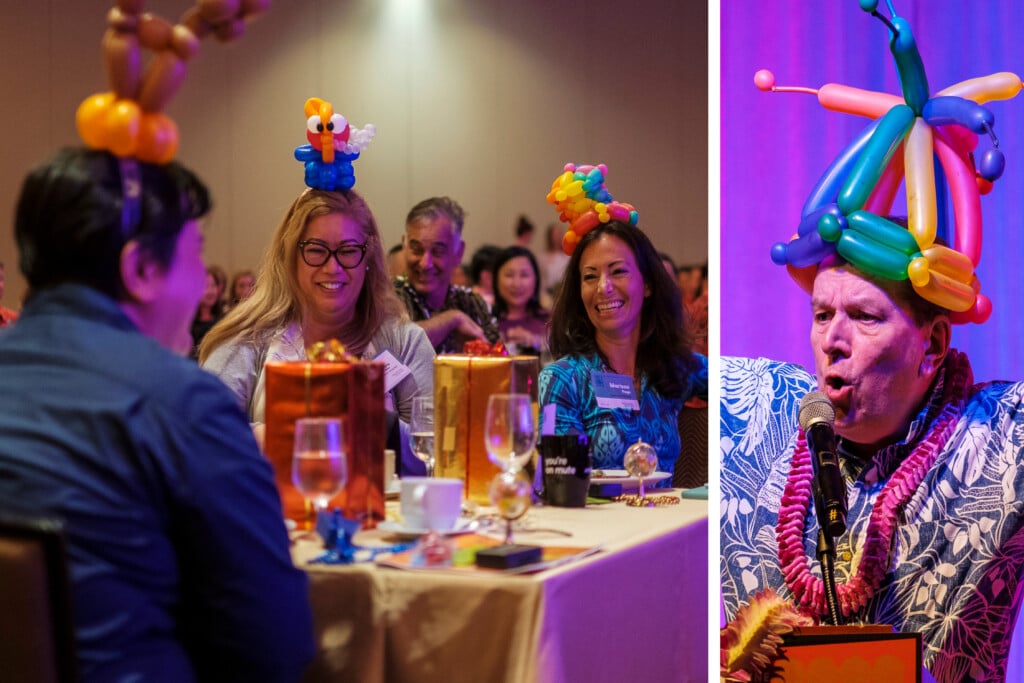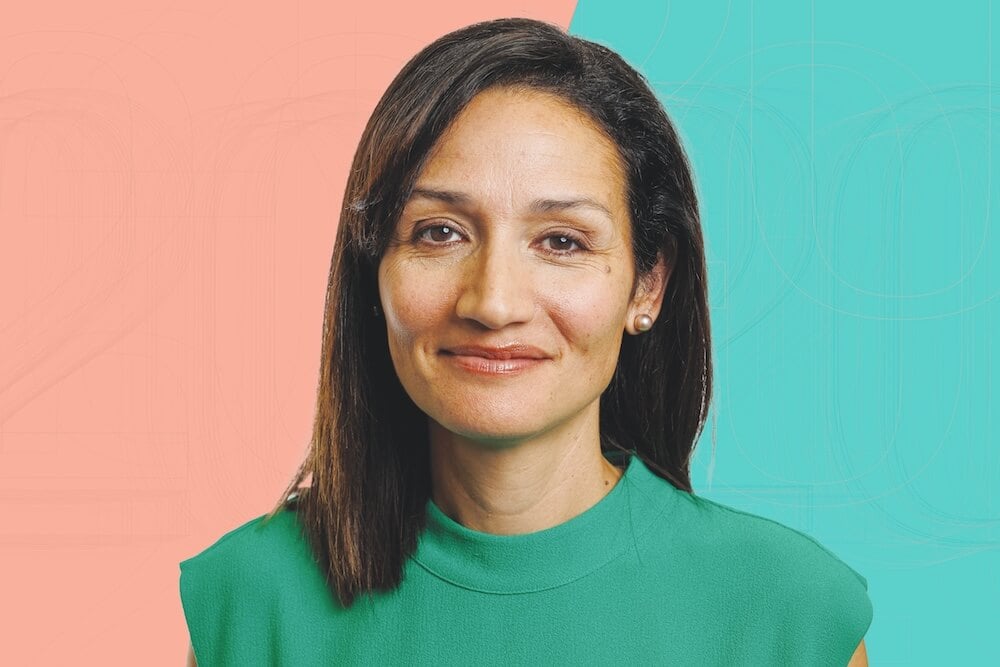Editor’s Note: Instead of Gambling, Win Big By Saving Money

Why do families end up homeless? One big reason is they have no savings, so when a crisis hits – getting laid off or paying a big bill – they don’t have a couple thousand dollars in the bank to eke their way through. The rent goes unpaid and the family ends up on the street.
Hawaii’s high cost of living makes it hard for working people to simply make ends meet; saving $10 a month to cushion against a future crisis might seem almost impossible. Forget about saving for your children’s college education.
Yet, in states across the nation, poor people are among the biggest buyers of lottery tickets. Those ticket purchases are a poor choice, but an understandable response to their situation, says Joanna Smith-Ramani, the director of scale strategies at the D2D Fund. She explains that low-income people feel that $10 saved will not change their lives, but $10 spent on lottery tickets gives them a chance to win millions and transform their situation. In a perverse way, gambling on the lottery is a rational response to a difficult situation, despite the ridiculously long odds of winning a lottery.
I’m glad that there is no legalized gambling or lottery in Hawaii because gambling can and does destroy lives. But there’s no denying the allure of big cash prizes, so the D2D Fund is trying to tap into that very human motivation.
The fund is dedicated to finding new ways to get people to save and one method it advocates is “prize-linked savings.” Build savings accounts and be eligible for cash prizes at the same time.
The idea has been successful in other countries. For instance, the British program calledPremium Bonds has been operating since 1956. People buy the government-backed premium bonds, but instead of being paid interest, each pound in savings gets one chance at a monthly prize of 1 million pounds, three shots at 100,000 pounds and lots of smaller prizes. You can withdraw your money at any time, but deposits that remain are eligible to win prizes every month. Ireland and Sweden are among the countries that have similar programs.
D2D has helped launch more modest programs in America. The first began in Michigan in 2009 and today involves about three dozen credit unions in the state. The annual grand prize was $60,000 in 2013 and there are lots of smaller monthly prices. Smith-Ramani says that having lots of prizes – some as low as $25 – truly motivate people to save money.
Similar programs are now operating in Nebraska, North Carolina and Washington state. It’s a small start, but it would be great to be able to pool programs like these nationwide and have grand prizes that can generate the hysteria that a Powerball jackpot can. Instead of wasting money on lottery tickets, people could save and feel the same excitement.
In Hawaii, there’s no legal lottery to compete with and legal gambling requires a plane ticket to the mainland. That might make Hawaii fertile ground for a prized-based savings program. If you think that’s a good idea or a bad one, let me know by sending an email tofeedback@hawaiibusiness.com. If there’s interest, I’ll follow-up on this idea and get back to you in a future issue.






